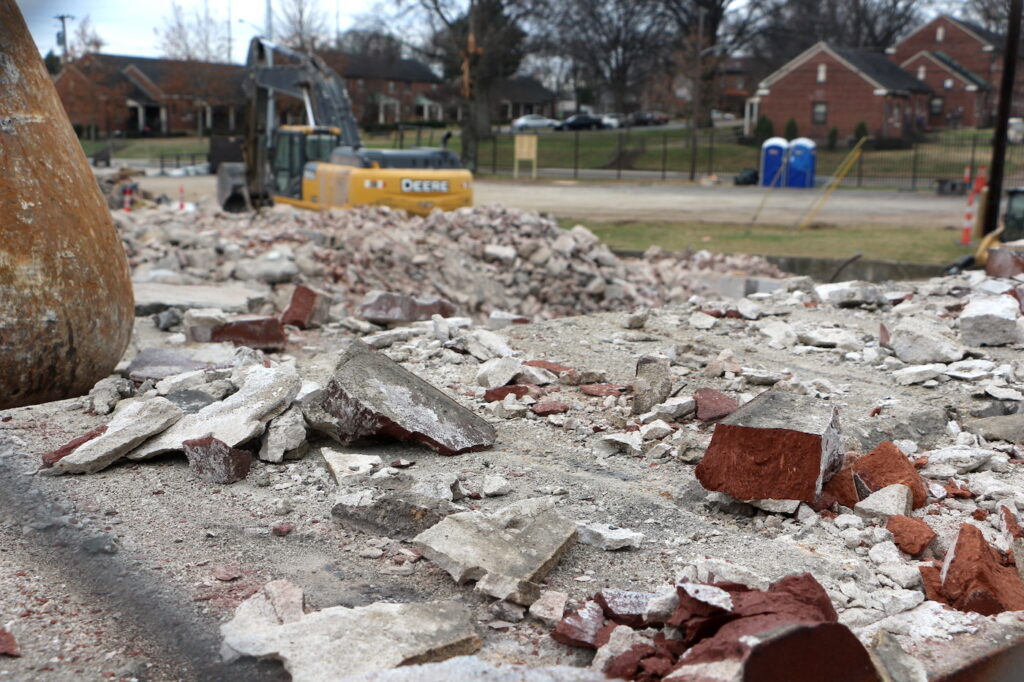
U.S. cities produce more than twice as much construction and demolition waste as they do trash. More than 90% of that comes from demolitions, according to the Environmental Protection Agency.
In Nashville, this type of waste is skyrocketing, with city officials estimating that the construction and demolition waste stream has doubled in the past decade.
The vast majority of it ends up in landfills.
“We’re generating more and more of this material,” Jenn Harman, manager of Nashville’s zero waste program, said during a public meeting on the ordinance. “We’re really not recycling much of it.”
This week, Nashville proposed a new ordinance to manage some of this waste from the commercial building sector.
The city outlined a five-year plan to introduce new recycling minimums, with requirements to weigh materials and document recycling rates.
The proposal applies only to commercial construction and demolition projects and excludes single-family homes or townhomes with four or fewer units. The commercial sector can easily meet the proposed requirements, Sonia Allman, spokesperson for Metro Water Services said in an email, and planners think this legislation will incentivize investment in local recycling and recovery options.
For demolitions, the plan first targets metal and concrete, along with carpet, asphalt shingles and bricks. Construction projects will have to recycle cardboard, metal, concrete and “land clearing debris.”
Recycling construction and demolition materials can conserve landfill space, reduce transportation and disposal costs and offset the environmental impact associated with the extraction and consumption of virgin resources.
Demolishing buildings is easy and can take as little as a few minutes, but some environmental experts argue that the practice should not be the norm.
In 2021, a group of engineers from the UK urged the government to stop allowing demolitions to address “embodied emissions,” which is the climate pollution emitted when buildings and materials are made.
Cement, a key ingredient in concrete, accounts for 8% of global carbon dioxide emissions alone.
Nashville’s waste division is now accepting public feedback on the proposed ordinance online.

